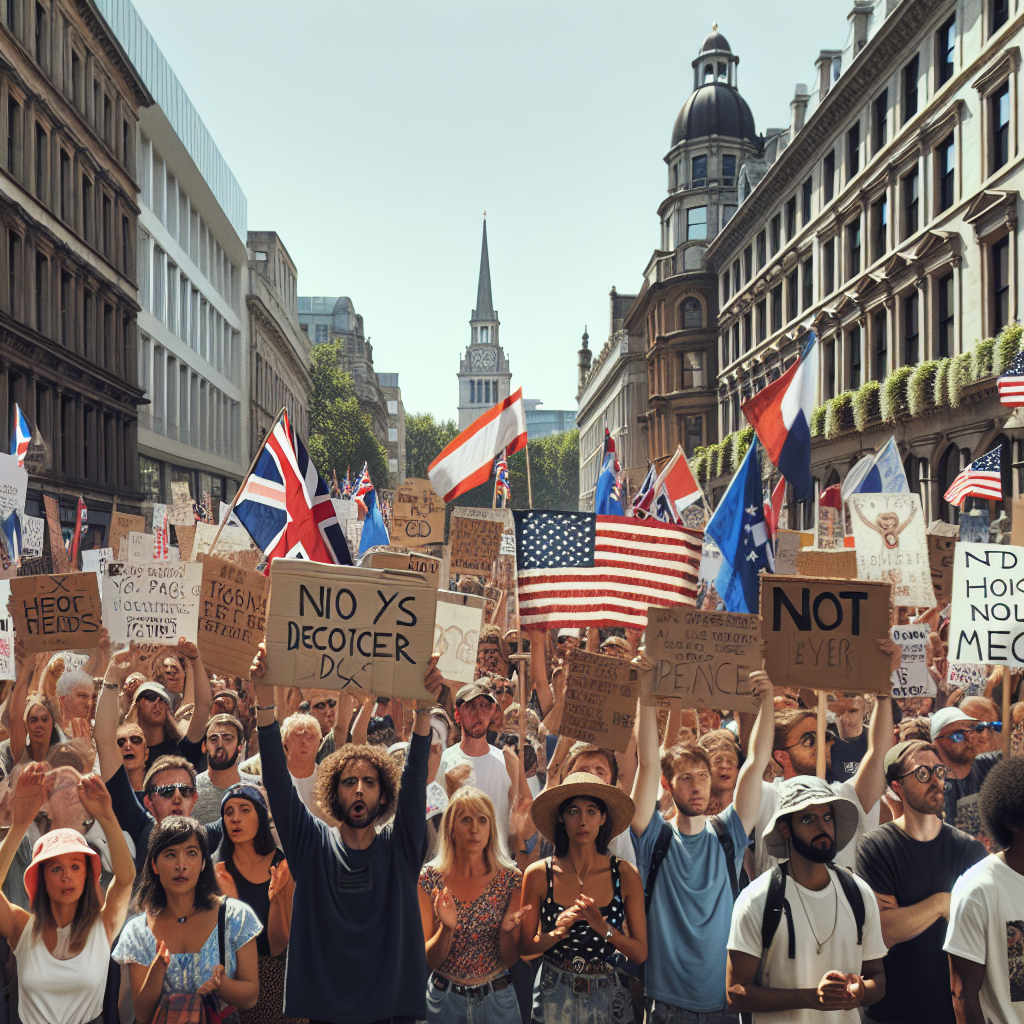UN Experts Condemn Georgia’s Escalating Repression of Protesters Amid EU Accession Uproar
“The government must change course immediately and seek national reconciliation, ensuring full respect for human rights,” the UN experts urged.

United Nations experts have strongly criticized the Georgian government for its violent suppression of peaceful protests sparked by the country’s suspension of its pursuit of European Union (EU) accession. The protests, ongoing since late November, have been met with harsh crackdowns by state security forces, raising alarms over escalating repression and systemic human rights violations.
Following Prime Minister Irakli Kobakhidze’s announcement on November 28, 2024, to halt Georgia's EU accession efforts, protests erupted across cities and rural areas. Demonstrators have voiced widespread discontent with the government's decision, which many view as a retreat from democratic values and closer ties with Europe.
State security forces have responded with violence, including the use of water cannons, tear gas, and masked police units targeting peaceful protestors. Despite their predominantly nonviolent stance, some protestors have retaliated against police aggression.
As of December 10, 2024, 357 protestors have been detained, according to the Ministry of Internal Affairs. Reports indicate that 225 detainees have alleged ill-treatment by the police, and 157 have sustained injuries. The Public Defender of Georgia has visited 327 detainees, highlighting the systemic nature of abuse. However, there has been no accountability for the actions of state forces.
Stifling Dissent Through Legal and Social Tactics
The UN experts noted that the government's repressive measures extend beyond physical violence. They pointed to a smear campaign targeting young people, civil society actors, and human rights defenders. “We are seeing daily violence by state security forces against peaceful protestors, mass arbitrary arrests and criminalisation, and a smear campaign by the government and state agencies under its control to stigmatise and intimidate protestors,” the experts stated.
The experts expressed particular concern over the draft “foreign agent” law introduced in February 2023 and the potential amendment to the Law on Assemblies and Manifestations, which could further restrict the right to protest. These measures have created an environment where freedoms of expression, association, and assembly are severely curtailed.
Implications for Upcoming Elections
With presidential elections scheduled for Saturday, December 14, fears are mounting that the situation could deteriorate further. The UN experts warned that ongoing repression could escalate in the lead-up to the vote, intensifying violence and stifling dissent.
“The government must change course immediately and seek national reconciliation, ensuring full respect for human rights,” the UN experts urged. They called on Georgian authorities to end the cycle of impunity and commit to protecting the rights of all citizens.
International Reaction and Humanitarian Concerns
The protests have drawn international attention, with several human rights organizations and foreign governments urging Georgia to honour its democratic commitments. The European Union has expressed disappointment over the suspension of accession efforts and called for restraint and dialogue.
Humanitarian groups have also raised concerns about the long-term impact of the government’s crackdown, including the potential chilling effect on civil society and the erosion of public trust in democratic institutions.
A Call for Change
The UN experts emphasized that Georgia’s trajectory must shift toward reconciliation and respect for human rights. They urged the government to abandon repressive tactics and create a space for dialogue with its citizens to restore faith in democratic processes.
As tensions continue to rise, the outcome of the protests and upcoming elections may significantly shape Georgia's future on both domestic and international fronts.
- READ MORE ON:
- Georgia










